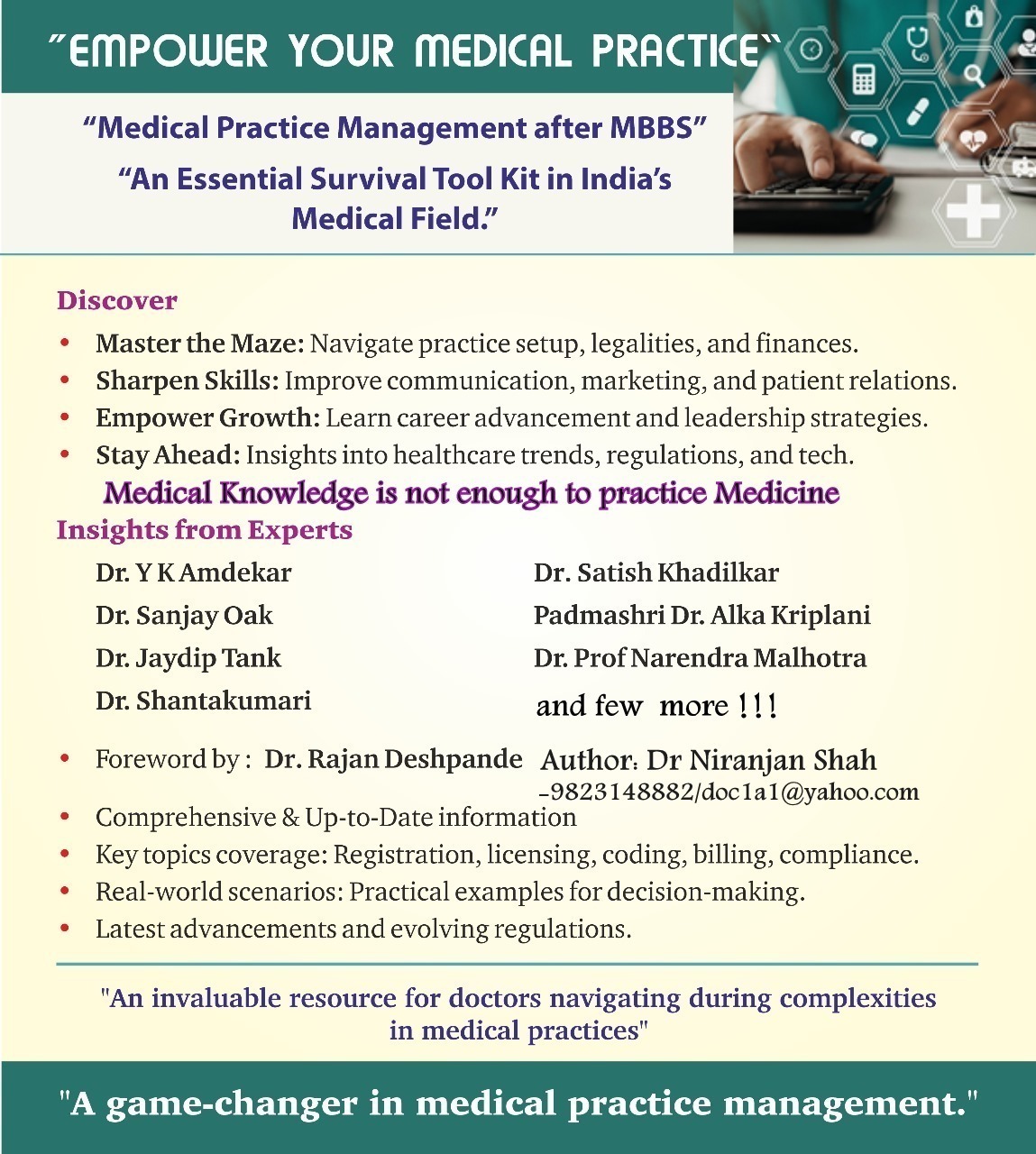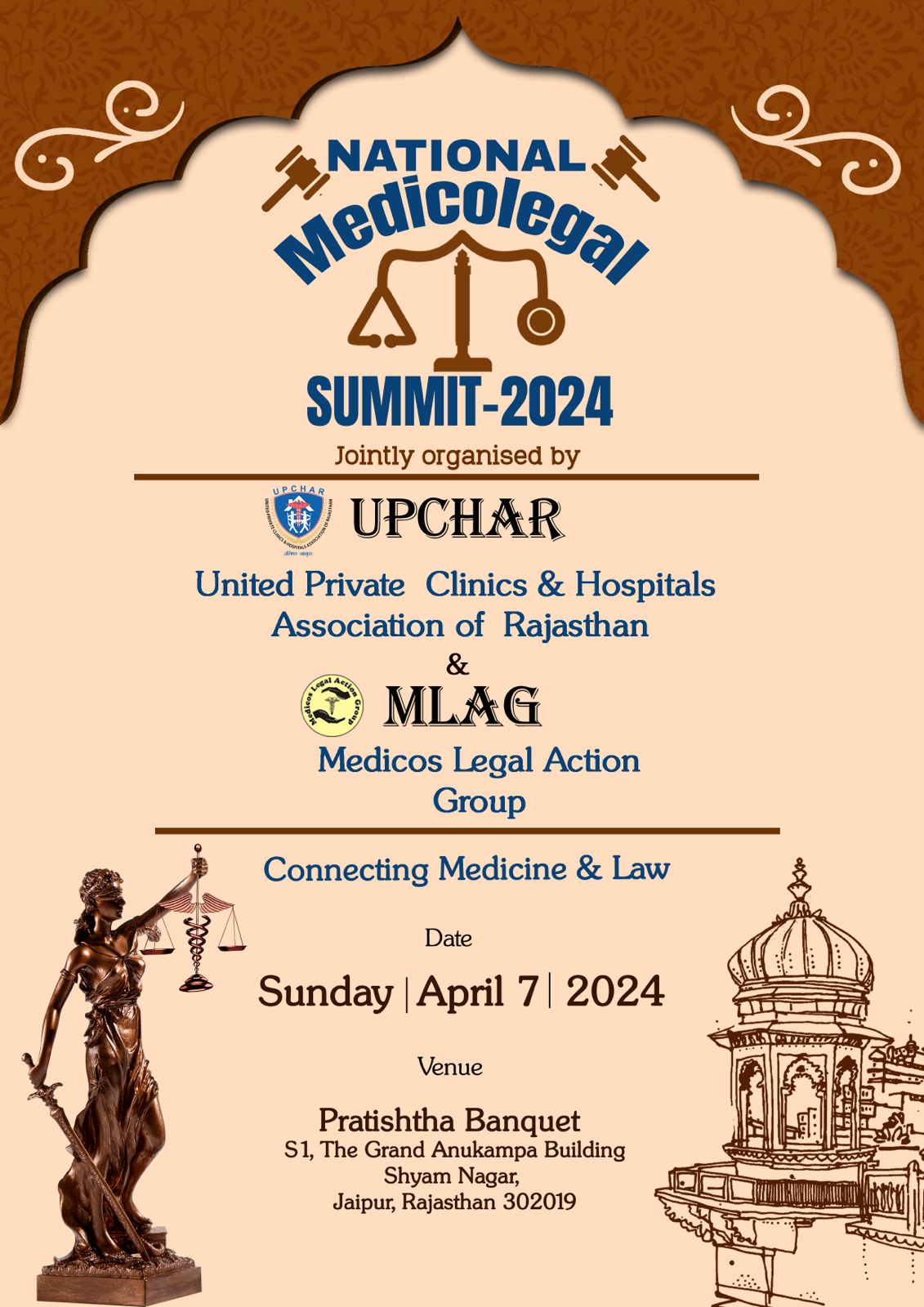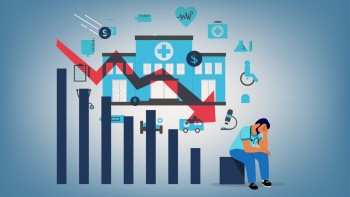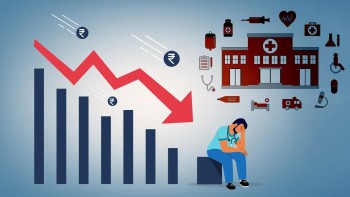The Future of the Medical Profession in India: A Landscape Shaped by Innovation and Transformation
-Dr Niranjan Shah, MD, DNB (Ob & GY)
(Lotus Hospital & Research Centre, Kolhapur)
Introduction:
The Indian medical profession is poised for a period of significant transformation. This blog explores the future of this field, considering current legal frameworks, evolving technologies, and socio-economic factors.
Key Drivers of Change:
Regulation and Education: The National Medical Commission (NMC) guidelines will continue to shape medical education, potentially including competency-based assessments and revised curriculum structures for UG (MBBS), PG, and super-specialties. Admission protocols might adapt to changing healthcare needs.
Public Health Policy: Government initiatives like Ayushman Bharat and focus on preventive care will influence medical practice. Increased emphasis on rural healthcare staffing and telemedicine integration can be expected.
Technological Advancements: Artificial Intelligence (AI) will play a growing role in diagnostics, treatment planning, and drug discovery. Digital marketing will revolutionize patient outreach and medical education.
Shifting Healthcare Delivery: The role of small nursing homes might evolve alongside the rise of corporate hospitals. Insurance sector influence could incentivize specific procedures or prioritize cost-effectiveness.

Emerging Trends and Opportunities:
Precision Medicine: Personalized healthcare based on individual genetic makeup will become more accessible.
Minimally Invasive and Robotic Surgery: Robotic-assisted procedures will offer greater precision and faster recovery times.
Telemedicine and Remote Monitoring: Remote consultations and patient monitoring through wearables and telemedicine platforms will expand access to care, especially in rural areas.
Focus on Preventive Care and Public Health: Emphasis on wellness, early disease detection, and lifestyle management will increase.
Evolving Medical Workforce: New roles like physician assistants and nurse practitioners could emerge to complement doctors, requiring adjustments to traditional practice models.
Also Read-
Analyzing Hospital Economics Across India: A Comprehensive Perspective
Challenges and Considerations:
Ethical Implications of AI: Ensuring data privacy, unbiased algorithms, and responsible implementation of AI in healthcare will be crucial.
Digital Divide: Bridging the gap in digital literacy and internet access is essential for equitable access to telemedicine and online resources.
Workforce Management and Skill Development: Addressing potential physician oversupply and ensuring doctors remain adaptable to new technologies will be vital.
Maintaining Patient-Doctor Relationship: Balancing the use of technology with the human touch and building trust in AI-assisted healthcare will be necessary.
Regulation of Telemedicine and Digital Healthcare: Establishing clear guidelines for online consultations, data security, and remote patient care is essential.

The Role of Medical Community Societies:
Promoting Ethical Practice and Continuous Learning: Medical societies can play a key role in ensuring ethical use of technology and providing continuing medical education (CME) opportunities for doctors to stay updated.
Advocacy for Policy Changes: Societies can advocate for policies that support preventive care, improve access to healthcare, and address workforce challenges.
Collaboration with Government and Industry: Collaboration with the government and healthcare industry can foster innovation, advance medical research, and improve patient care.
Conclusion:
The future of the Indian medical profession will be shaped by a confluence of regulatory changes, technological advancements, and shifting healthcare priorities. By embracing innovation, adapting to new practice models, and upholding ethical standards, the medical community can navigate this dynamic landscape and ensure high-quality patient care for all.
Additional Points to Consider:
The potential impact of changing demographics on healthcare needs, with an aging population requiring specialized care.
The role of community health workers and allied health professionals in delivering primary care.
The importance of mental health awareness and integration of mental health services into mainstream healthcare.
The need for increased investment in medical research and development in India.
This paper provides a framework for understanding the future of the medical profession in India. The specific trajectory will depend on how these different factors interact and evolve over time. However, by being proactive and embracing change, the Indian medical community can ensure it remains at the forefront of providing high-quality and accessible healthcare for its citizens.
(Dr Niranjan Shah is a senior Ob & Gy, avid fighter for medical profession dignity, writer, counsellor. He tweets at @doc2a2. Views are personal)












Recent comments
Latest Comments section by users